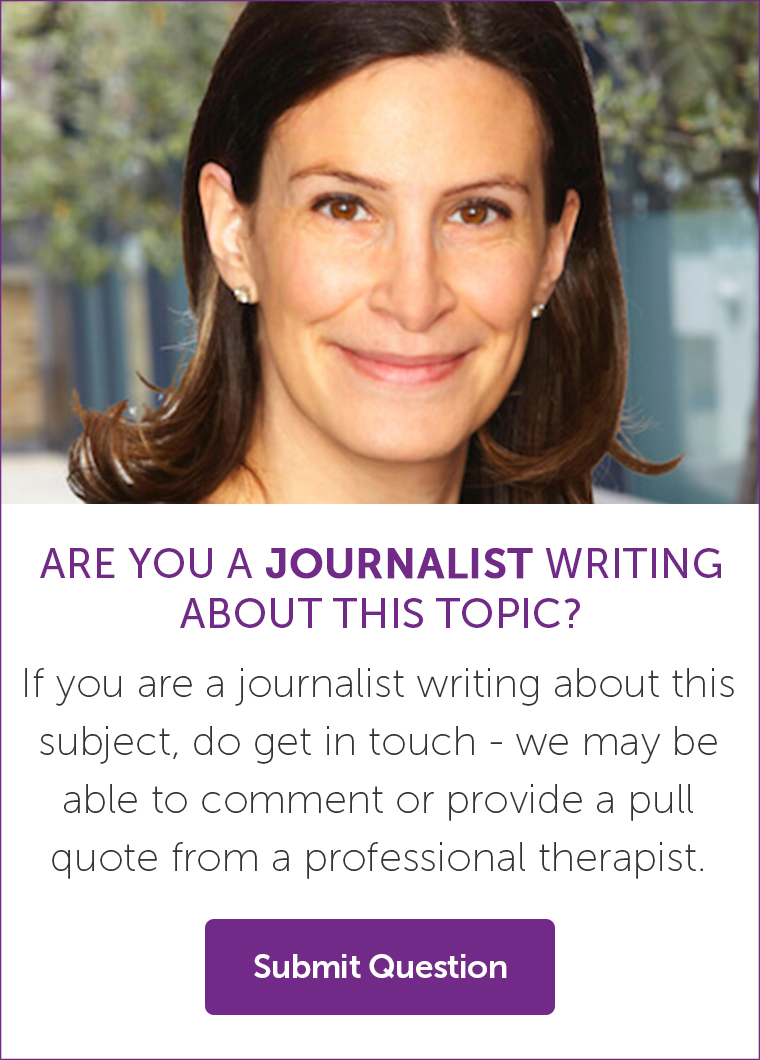Lived through a trauma lately? If you can't get back to being yourself even several months later, it might mean that you've developed post-traumatic stress disorder (PTSD).
What is post-traumatic stress disorder (PTSD)?
Post-traumatic stress disorder (PTSD) is an anxiety disorder that can occur after any event that places us in danger, or where we witness other people suffering or dying. In some cases even hearing about an unexpected loss or harm of a close friend or family member can lead to PTSD.
How do I know if I have PTSD?
Most people have symptoms of emotional shock and distress directly following or soon after a traumatic incident. These symptoms often lessen by themselves over the course of a few weeks. But around one in three people experience ongoing symptoms that don't alleviate or even get worse, and this can mean you have post-traumatic stress disorder.
In around 15 per cent of cases PTSD symptoms an be delayed by six months or even years, called 'delayed-onset PTSD'. Or in some cases, symptoms vanish, only to return later.
Complex PTSD
Complex PTSD, or 'c-PTSD', is a newer diagnosis now recognised by the NHS. It means you have similar symptoms to general PTSD, but not because of recent trauma. Instead you experienced ongoing traumatisation as a child, such as neglect, harm, or aggression.
Symptoms to look for
The three main symptoms of PTSD are re-experiencing, avoidance, and hypervigilance.
- Re-experiencing can be flashbacks or nightmares that can be so realistic you feel you are reliving the experience. You may even feel the emotional and physical sensations associated with the event.
- Avoidance occurs when it is too upsetting to relive the experience over and over. So you distract yourself by avoiding any place, person, or thing that reminds you of the trauma, or by 'emotional numbing'.
- Hypervigilance , or 'hyperarousal', means constantly having your guard raised and being on the lookout. You may find it particularly difficult to relax or sleep, and other people may notice your jumpiness and irritable state.
Other PTSD symptoms can include:
- anxiety
- depression
- dissociation
- emotional dysregulation
- low self-worth
- phobias
- physical symptoms (sweating, headaches, dizziness, shaking, chest pain, stomach upset)
- relationship problems
- self-harm
- substance misuse.
PTSD counselling - what works?
Cognitive behavioural therapy (CBT) is a type of psychotherapy that helps you gain control and change the cycle of negative thinking and emotions, and it is recommended by NICE for the treatment of PTSD.1 In some cases your CBT practitioner might also use exposure therapy in your treatment.
Trauma-informed counselling can help you to explore your problems through deep listening and helpful questioning.
Eye Movement Desensitisation and Reprocessing (EMDR) is a popular and effective treatment for PTSD. It is also recommended by the WHO's diagnositic guide the ICD-11 for complex post-traumatic stress disorder (c-PTSD).2
Do I need to take medication?
Medication is not a required treatment for PTSD. But in the event your PTSD therapist feels you could benefit from medication to help you with your depression and anxiety, and allow your symptoms to abate enough that talk therapy can be more effective, they will refer you on to a psychiatrist.
Help for PTSD at Harley Therapy™ London
Our experienced and compassionate PTSD therapists understand what you are going through. And you are in safe hands. We only provide you with expert accredited psychotherapists and counselling psychologists trained at top institutions and with a minimum of ten years experience. Give us a call or book an assessment online now.
Footnotes
1https://www.nice.org.uk/guidance/ng116/chapter/Recommendations
2Karatzias T, Murphy P, Cloitre M, Bisson J, Roberts N, Shevlin M, Hyland P, Maercker A, Ben-Ezra M, Coventry P, Mason-Roberts S, Bradley A, Hutton P. Psychological interventions for ICD-11 complex PTSD symptoms: systematic review and meta-analysis. Psychol Med. 2019 Aug;49(11):1761-1775. doi: 10.1017/S0033291719000436. Epub 2019 Mar 12. PMID: 30857567.




ASK US A QUESTION

ARE YOU A JOURNALIST WRITING ABOUT THIS TOPIC?
If you are a journalist writing about this subject, do get in touch - we may be able to comment or provide a pull quote from a professional therapist.
How to book your session
Call us now on 0345 474 1724 OR book online
All of our practitioners are qualified and accredited with reputable professional associations for counselling and psychotherapy.



.webp)


.webp)


.webp)
.webp)
.webp)

.webp)

.webp)
.webp)


.webp)
.webp)
.webp)
.webp)

.webp)


.webp)



